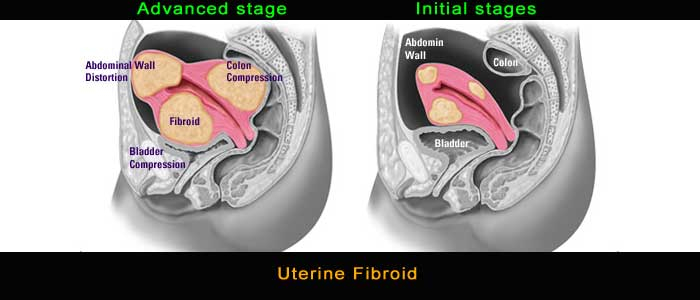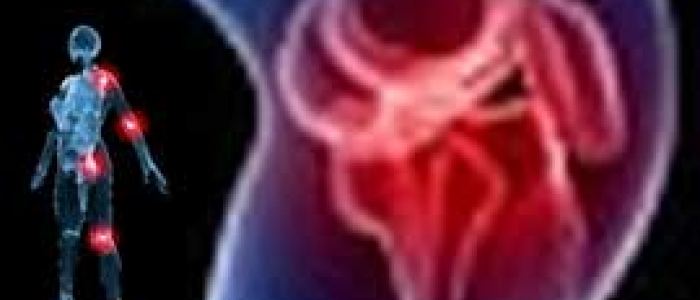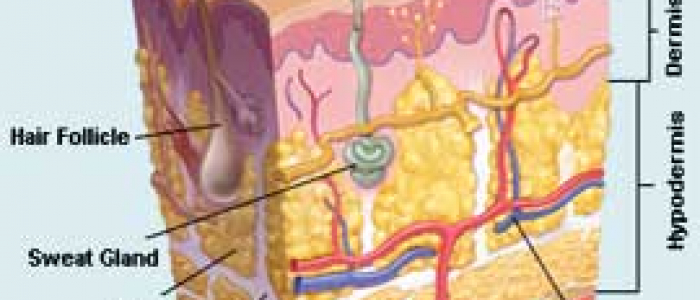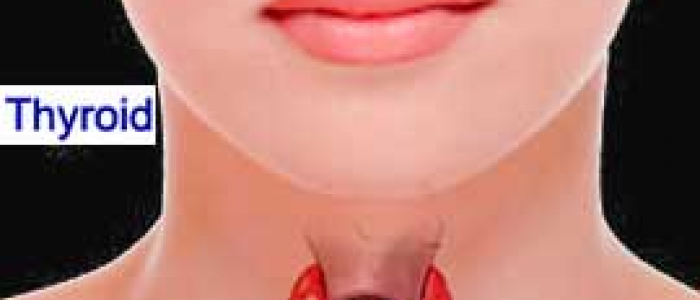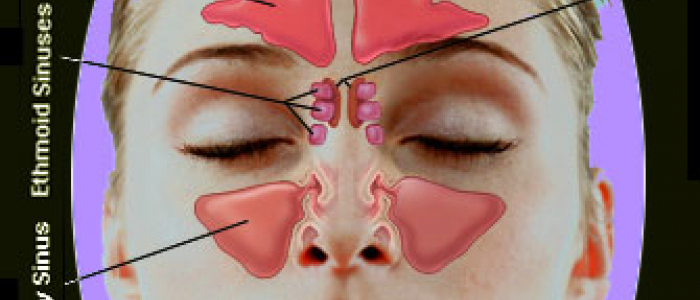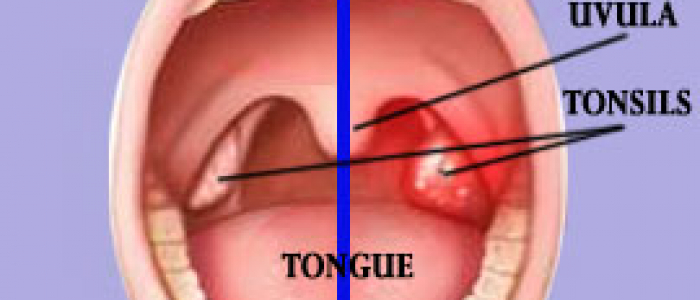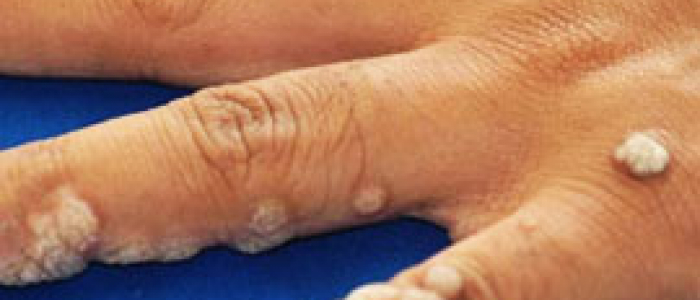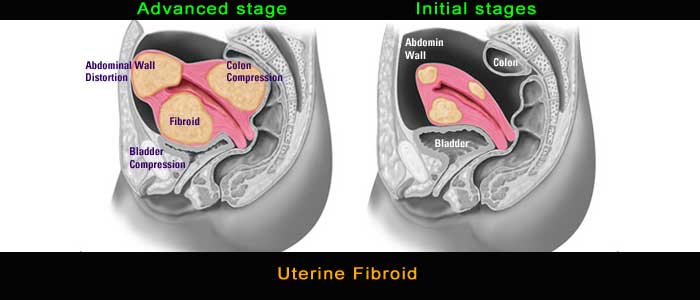
Fibroids are non-cancerous or benign growths that develop in the uterus. As many as 30 percent of women have one or more of these tumors, which range in size from as small as a pea to as large as a melon. Most women with fibroids have no symptoms and don't need treatment. But if symptoms occur, you should seek medical attention.
Symptoms of fibroids
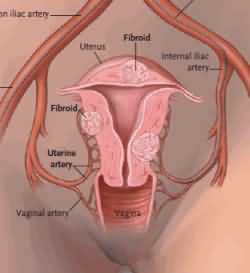
-
Heavy Vaginal Bleeding — Some women experience excessive menstrual bleeding. Some women describe soaking through sanitary protection in less than an hour, passing blood clots and being unable to leave the house during the heaviest day of flow. If this blood loss occurs, you may develop anemia, or a low blood count, that can cause fatigue or lightheadedness.
-
Pelvic Pressure or Discomfort — Women with large fibroids may have a sense of heaviness or pressure in the lower abdomen or pelvis. This discomfort is similar to pregnancy when the enlarging uterus presses against surrounding structures.
-
Bladder Changes — The most frequent bladder symptom is the need to urinate more frequently. You may awaken several times during the night to urinate or you may be unable to urinate despite the sensation of a full bladder. Bladder symptoms are caused by fibroids pressing against the bladder, reducing its capacity to hold urine or blocking the urine from flowing.
-
Pelvic Pain — A less common symptom is severe pain. This occurs when a fibroid goes through a process called degeneration, usually because it outgrows its blood supply. The pain is usually localized and subsides within two to four weeks.
-
Low Back Pain — Fibroids that press against the muscles and nerves of the lower back can cause back pain.
-
Rectal Pressure — Fibroids also can press against the rectum and cause a sense of rectal fullness, difficulty having a bowel movement or pain with bowel movements. Occasionally, fibroids can lead to the development of a hemorrhoid.



